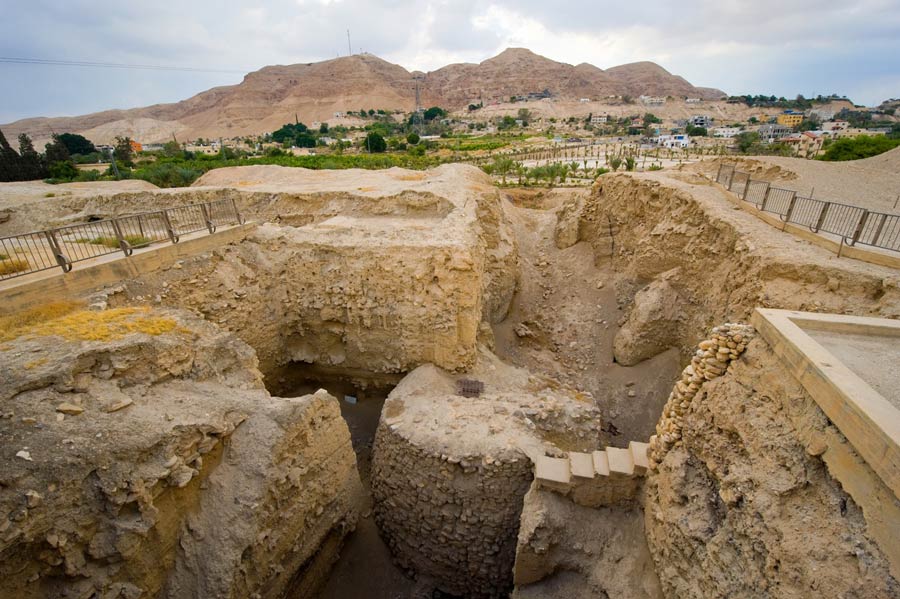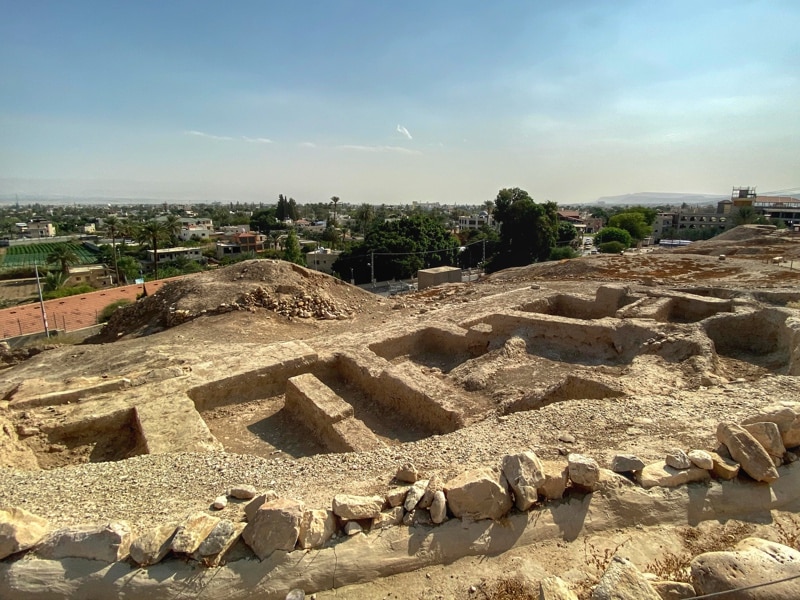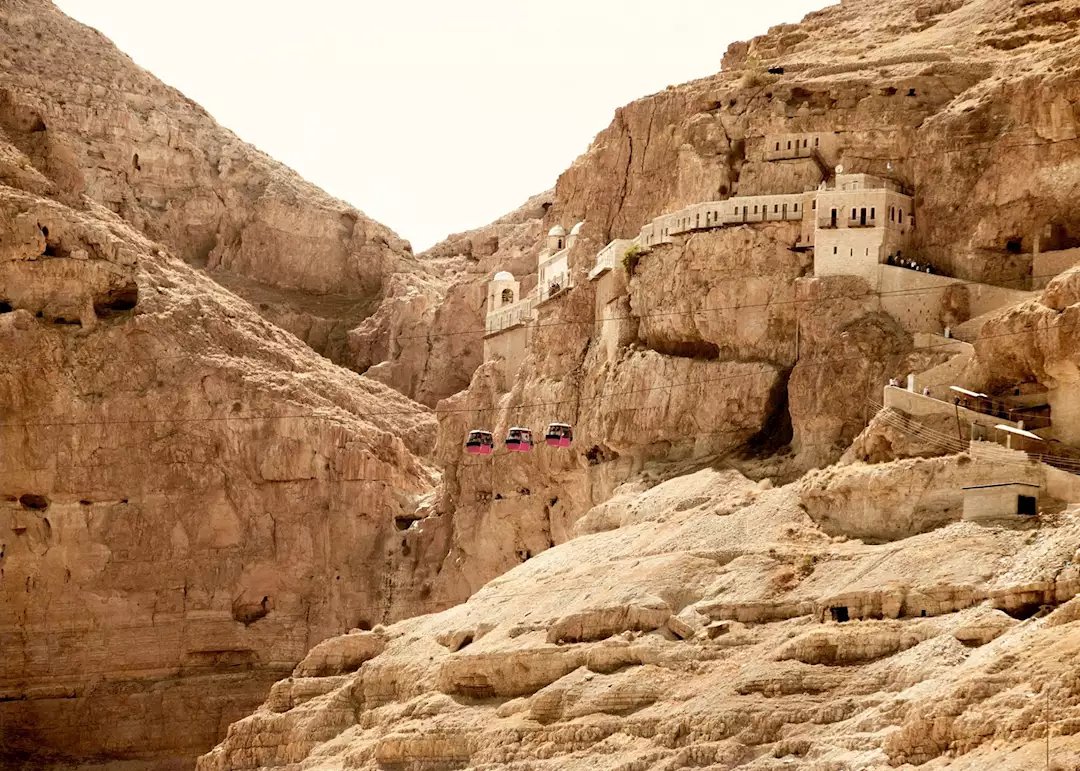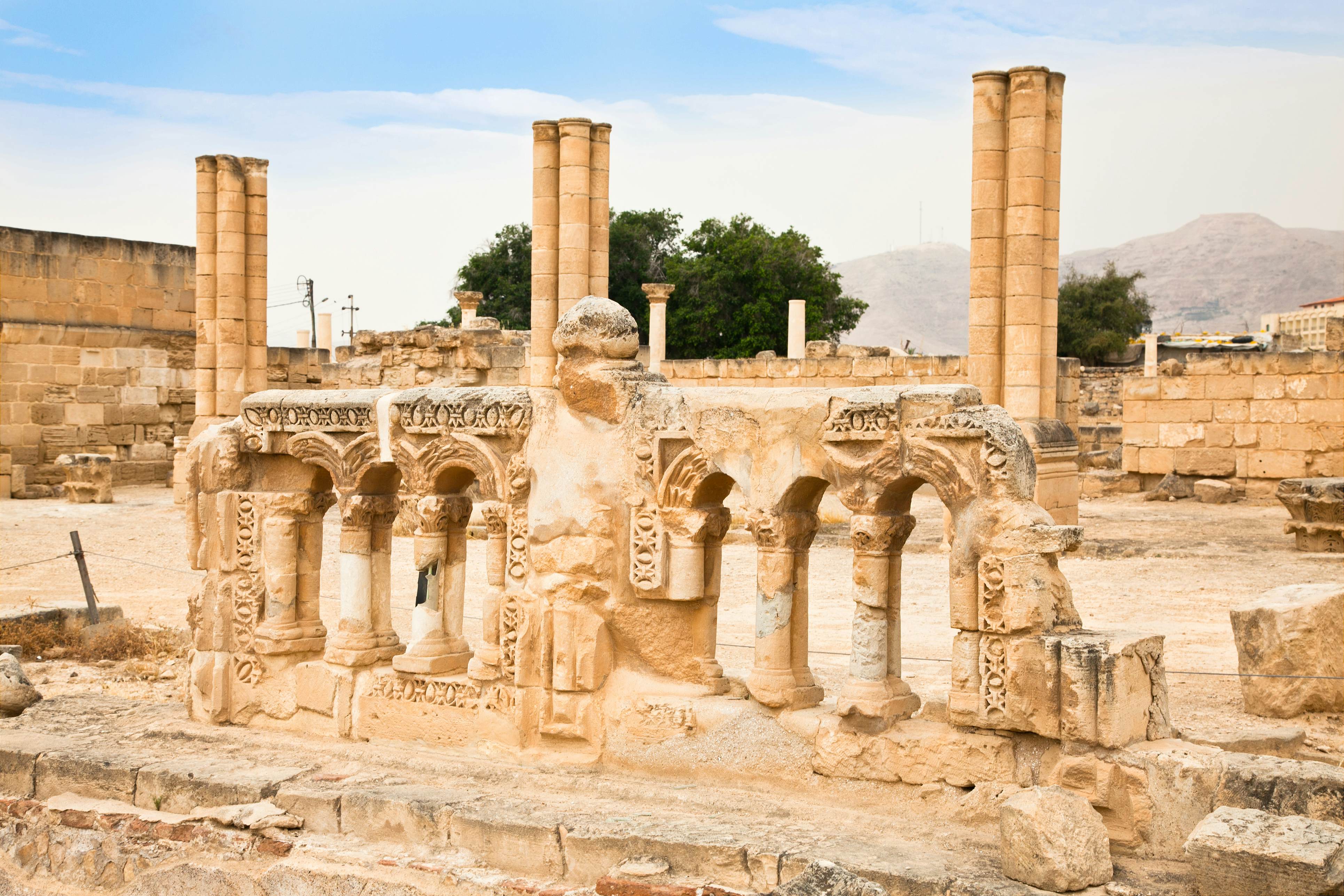The ancient city of Jericho, located in the Palestinian West Bank, holds the remarkable distinction of being the oldest continually inhabited city in the world. Its rich history spans over 10,000 years, and archaeologists have uncovered numerous layers of settlement dating back as far as 11,000 years. Surrounded by plentiful springs, Jericho has enticed human habitation for millennia, making it a captivating site of archaeological and historical significance.
The Ancient City of Jericho in the Bible

The city of Jericho is prominently featured in biblical accounts, most notably in the story of Joshua. According to the Book of Joshua, God commanded Joshua to conquer Jericho and destroy its inhabitants as a result of their disobedience. The captivating narrative describes the Battle of Jericho, where Joshua and his army, armed with trumpets made from rams’ horns, marched around the city for six days. On the seventh day, they circled the city seven times, and at the sound of a long blast on the trumpets, the city walls miraculously collapsed, allowing the Israelites to seize victory.

Beyond its biblical significance, the history of Jericho extends back to approximately 8,000 BC during the Natufian period, making its structures the oldest man-made constructions on Earth. While the tale of the Battle of Jericho is an enthralling account, it is worthwhile to note that the city was rebuilt multiple times after its destruction.
Excavations at Tell Es-Sultan in Jericho

The archaeological exploration of Jericho began in 1868 when Charles Warren, as part of the Palestine Exploration Fund, identified and excavated the site known as Tell es-Sultan, located a few kilometers north of Jericho’s center. Warren’s choice was influenced by the presence of an important spring, known as Elisha’s Spring, which is renowned for its association with a biblical healing miracle.

Excavations at Tell es-Sultan have revealed ancient walls that have sparked extensive debate and research regarding their significance in relation to the historical accuracy of the biblical narrative. Described in the Bible as nearly impregnable, the walls of Jericho were said to have posed a formidable challenge to any potential conquerors. Some scholars argue that the archaeological findings support the biblical account, indicating that Jericho was indeed fortified and experienced destruction during the middle or late Bronze Age, aligning with the assumed timeframe of the Israelite invasion of Canaan.
While these archaeological findings do not definitively prove the exact occurrence of the events described in the Bible, they lend credibility to the narrative and provide intriguing connections between archaeology and ancient texts.
Visiting Jericho

For those who appreciate history and ancient civilizations, a visit to Jericho is a must when in the West Bank of Palestine. Accessible from Ramallah due to checkpoint restrictions, Jericho offers a wealth of historical and cultural attractions. The primary highlight is the Jericho Tell, also known as Tell al-Sultan, situated 2.5 kilometers from the city’s main square. This ancient settlement mound, standing at an impressive height of 21 meters, may appear enigmatic to the untrained eye, but it holds profound significance as the world’s oldest continually inhabited city, providing a glimpse into the story of human civilization.

Another noteworthy destination is the Mount of Temptation, a captivating pilgrimage site where Jesus is believed to have fasted after his baptism by John the Baptist. To reach the mountaintop, visitors can either embark on a steep path or opt for the convenience of a cable car.
The ancient city of Jericho stands as a testament to the enduring human presence throughout millennia. Its status as the oldest continually inhabited city in the world, combined with its biblical significance and archaeological discoveries, make it a captivating destination for history enthusiasts and those seeking to explore the roots of human civilization. Jericho’s storied past, dating back over 10,000 years, invites visitors to witness the remnants of a bygone era and immerse themselves in the rich tapestry of this extraordinary ancient city.
